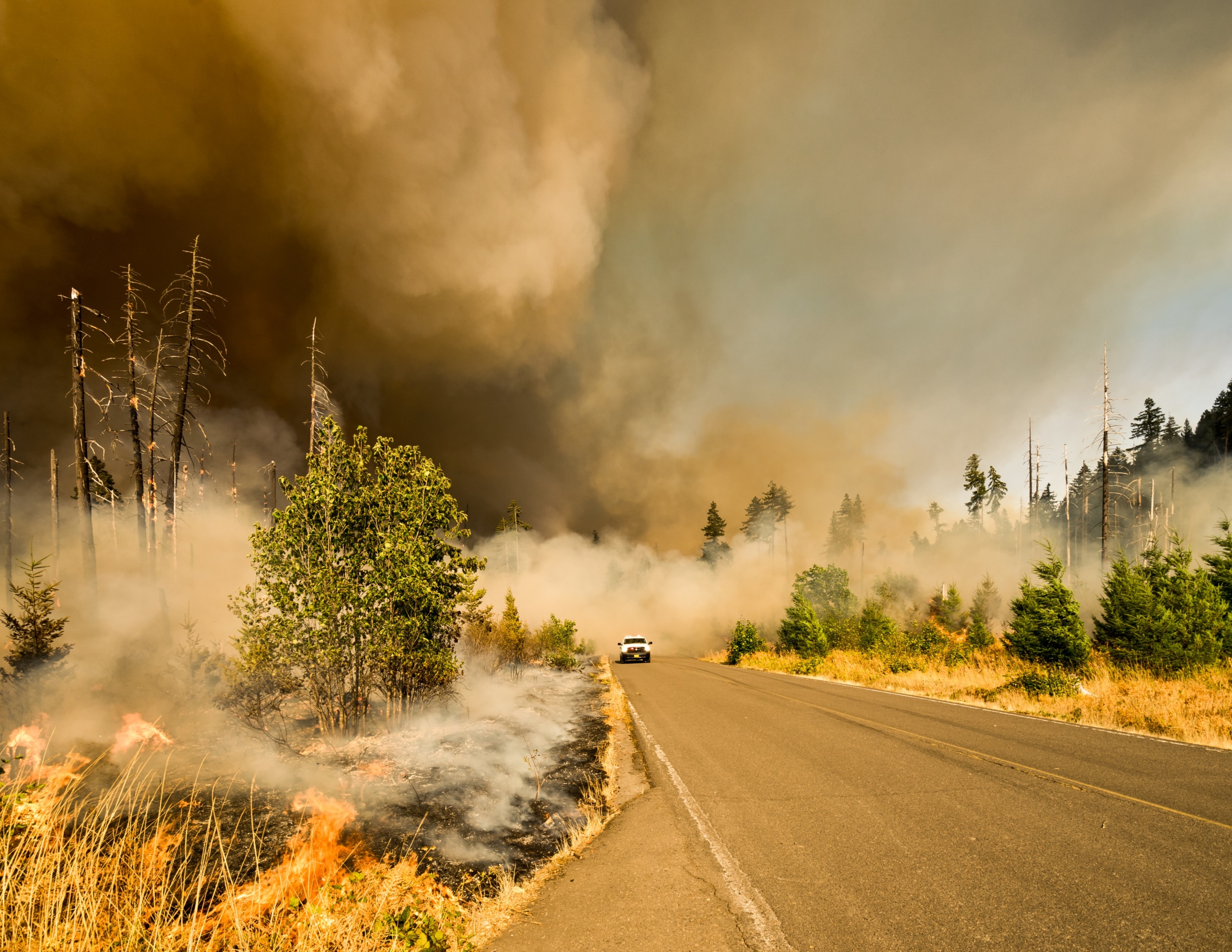
Five key takeaways from the 5th National Climate Assessment
The latest federal report on climate change demonstrates that we have the tools we need to meet our carbon reduction goals, but we need to implement them much more quickly.
The latest federal report on climate change demonstrates that we have the tools we need to meet our carbon reduction goals, but we need to implement them much more quickly.
The Atlantic hurricane season lasts from June 1 through November 30. This resource guide can help members of the media cover it more thoroughly and accurately.
With air pollution plaguing much of America this summer, communities are embracing clean buses
Three Frontier Group analyses help inform the conversation about cars and climate.
Some claim that "permitting reform" is needed to accelerate renewable energy growth. But it is just as likely to spur expansion of fossil fuel infrastructure. (In The Hill)
Forcing people to take sides between the environment we cherish and the climate we hope to protect is politically counterproductive. And it's not necessary.
Associate Director and Senior Policy Analyst, Frontier Group
Associate Director and Senior Policy Analyst, Frontier Group
Policy Analyst, Frontier Group
